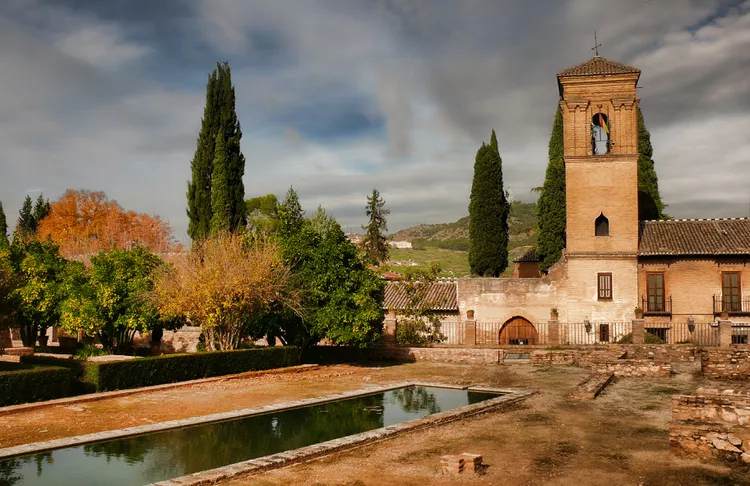Summary of Accommodation Options in Spain
Spain has an abundance of accommodation options available; therefore, no matter what level of comfort and price you are used to, there will be an accommodation that is right for you in Spain. Here is an overview of the types of accommodation available.
Paradors
A parador is a luxury state-run hotel located in castles or former monasteries. Although the service can be as expected from a state-run organization, the historical setting is truly unique and enhances the experience significantly.
Private Rooms/Apartments, Home Exchange, and Couchsurfing
Airbnb is revolutionizing the accommodation service industry by allowing locals across Spain and the world to offer their spare rooms. Travelers can find lower prices compared to traditional hotels, making it an attractive option.
If you have an unused apartment, a home exchange is a clever way to enjoy affordable accommodation during high season.
If you don’t have a home to swap, consider couchsurfing, where you can stay on someone’s couch for a few days. This option often allows you to engage with locals and get personalized advice about the area.
Budget Hotels and Backpackers Hostels
If you’re traveling on a tight budget or would prefer to allocate your funds to experiences, many budget hotels are available throughout Spain. Most tourist cities offer backpackers hostels, which typically provide dormitory-style sleeping arrangements.
Hosteling International Youth Hostel or Backpacker’s Hostel?
For those willing to share a room with strangers to pay less, youth hostels are a favorable option in Spain. There are two primary types: official Hosteling International Hostels and independent backpackers hostels, each offering distinct experiences.
Note that dormitory-style youth hostels differ from budget hotels known as hosteles in Spanish, while the term for ‘youth hostel’ translates to albergue juvenil.
Backpackers Hostels Advantages
- Affordable pricing.
- Conveniently located in city centers.
- Community-oriented with communal areas for socializing.
- Often feature interesting decor.
Disadvantages
- Cleanliness may vary; therefore, always check feedback.
- Rooms can host 12 or more guests.
- Breakfast options might be basic, often limited to toast and jam.
Hosteling International Youth Hostels Advantages
- Generally well-maintained with cleanliness.
- Room occupancy generally limited to three guests.
- Typically offers numerous rooms, reducing the need for advance booking.
- More generous breakfast offerings.
Disadvantages
- Online booking can be challenging, even for Spanish speakers.
- Lacks character and may resemble hospital environments.
- Locations are often outside of the city center.
- Cost may be higher than expected for the service.
- Limited communal space can restrict social interaction.
Mid-Priced Hotels & Pensiones or Hosteles
This is perhaps the most common type of hotel in Spain. Most mid-priced hotels will offer air conditioning and basic conveniences without luxury extras. You may find best prices by simply walking in to inquire about available rooms, though booking in advance might provide additional peace of mind.
Casas Rurales
Casas Rurales are rural guesthouses that range from basic rooms in remote areas to luxurious manors. Prices will vary significantly based on the type and location of the accommodation.
Five-Star Luxury Hotels
If luxury is what you seek, Spain boasts an impressive selection. Renowned hotels include the Reina Victoria and the Ritz in Madrid, along with San Sebastian’s Londres y de Inglaterra. It’s worth noting that the service at some locations may vary from previous standards.





